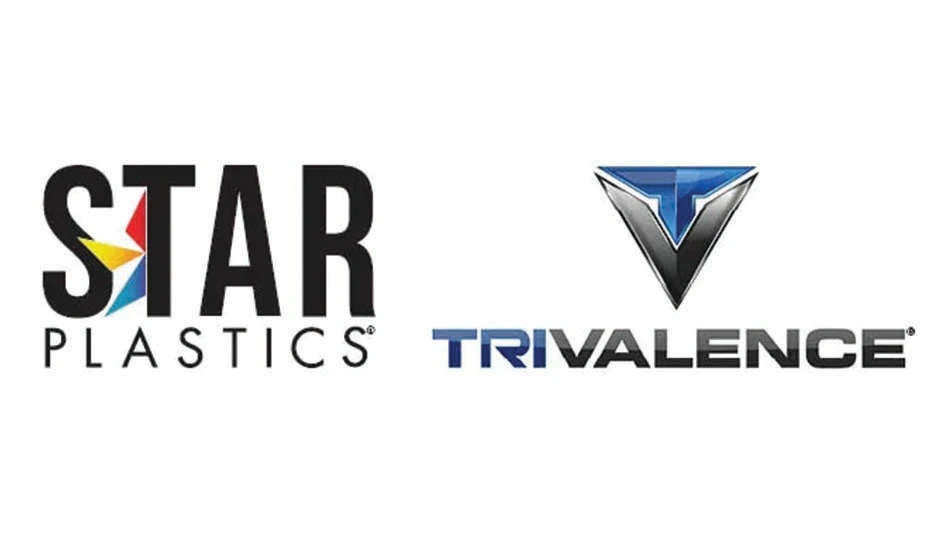
The National Waste & Recycling Association (NWRA), Arlington, Virginia, has issued guidance for its members related to screening employee temperatures during the COVID-19 pandemic. The Equal Employment Opportunity Commission (EEOC) updated guidance from 2009 that the current COVID-19 health crisis is within the “direct threat” exception to restrictions on employer medical inquiries and testing.
“Until businesses have access to COVID-19 testing, asymptomatic employees may unknowingly spread the disease to co-workers and the public," says NWRA President and CEO Darrell Smith. "The EEOC has stated that employers may take employee temperatures to test for fevers before they enter the workplace, as a means of limiting potentially infected employees’ contact with others."
The EEOC’s guidance states that employers may report confirmed cases of COVID-19 to public health officials as required by applicable law. Employees who refuse to submit to an otherwise uniformly applied screening can be barred from the workplace. However, EEOC does not say that employers must take employee temperatures, and some employers may choose to simply inquire about COVID-19 symptoms or exposure to other persons with COVID-19 rather than administering temperature tests.
The following are some highlights from EEOC’s guidance on taking employees’ temperatures:
- If an employer opts to apply temperature screens, it should do so only on the grounds that the COVID-19 pandemic is widespread or an imminent threat in the community in which the employer will use such screening based on assessments by state and local health authorities or the U.S. Centers for Disease control and on the grounds that testing would help to protect the employer’s workforce and others in the workplace against the spread of COVID-19.
- Temperature screening should not be done on a selective or case-by-case basis but rather should be done uniformly within job groups and across similarly situated job groups.
- Strict temperature testing protocols should be uniformly followed in administering any temperature screening program. Medical advice should be obtained in establishing these protocols, and guidelines from public health authorities should be followed.
- Employee names, temperature readings and other medical information (including information that is either documented or simply known to employer officials) should be kept strictly confidential.
- Personnel who administer the temperature screening should be provided with proper personal protective equipment (PPE) and trained how to use it, given clear testing protocols, trained in how to follow those protocols, trained in proper disposal of biowaste (if any) and monitored and screened for signs of COVID-19 themselves.
- An employer that undertakes a temperature screening program should keep up to date on updates from public health authorities.
This guidance is not intended to provide legal advice. Qualified legal advice should be sought for how the law applies in any particular situation.
Get curated news on YOUR industry.
Enter your email to receive our newsletters.
Latest from Recycling Today
- LG details recycling activities
- Algoma EAF is up and running
- Toyota-Tsusho completes acquisition of Radius Recycling
- CATL, Ellen MacArthur Foundation aim to accelerate circular battery economy
- Commentary: Expanded polystyrene is 98 percent air, 2 percent plastic and 100 percent misunderstood
- AMCS appoints general manager for North America
- How tariffs, regulations affect LIBs recycling in US, EU
- Schwan Cosmetics introduces packaging free of styrene, ABS






